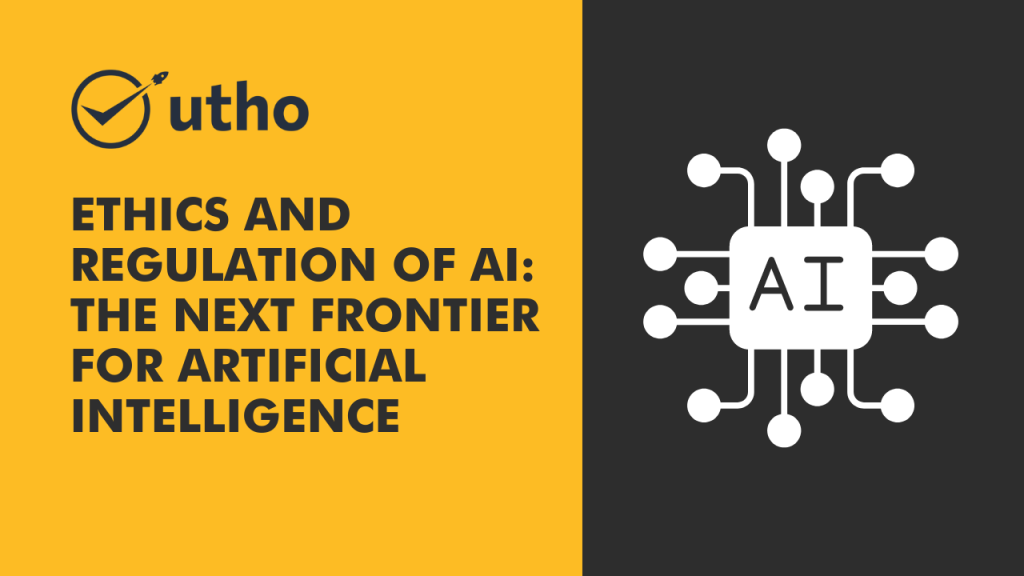Ethics and Regulation of AI: The Next Frontier for Artificial Intelligence

Introduction
Artificial intelligence (AI) is rapidly transforming our world, with applications in healthcare, finance, transportation, and many other industries. As AI becomes more sophisticated, it is essential to consider the ethical implications of its use. This article explores the ethical challenges of AI, the need for regulation, and the path forward for a responsible and beneficial AI future.
Ethical Dilemmas of AI
AI systems are often designed to learn and act autonomously, which raises profound ethical questions. For example, how should AI systems be programmed to make decisions that involve life and death? What are the implications of AI systems that are biased against certain groups of people? These are just some of the ethical dilemmas that must be addressed as AI continues to develop.
Ensuring Transparency and Explainability of AI
One of the primary concerns with AI is the "black box" problem, where complex algorithms make decisions without offering clear explanations. This lack of transparency can undermine trust and make it difficult to hold AI systems accountable for their actions. Researchers are working to develop techniques that allow AI systems to provide understandable explanations for their decisions, which would help to address this challenge.
Addressing Algorithmic Bias in AI
Another ethical concern with AI is the potential for algorithmic bias. AI systems learn from data, and if that data is biased, the AI system may perpetuate those biases. This can have a significant impact on the way that AI systems make decisions, and it is important to take steps to mitigate algorithmic bias.
Data Privacy and Security Concerns with AI
The extensive use of data in AI applications also raises concerns about data privacy and security. It is important to ensure that AI systems are not used to collect or share personal data without people's consent. Additionally, AI systems must be designed to be secure, in order to protect against cyberattacks.
The Role of Government and Industry in Regulating AI
Governments and industry leaders play a crucial role in shaping the ethical development and use of AI. Governments can establish regulations that promote responsible AI, while industry leaders can develop ethical guidelines for their own organizations. It is important for these stakeholders to work together to ensure that AI is used for good and not for harm.
Global Collaboration for Harmonized AI Ethics and Regulation
AI is a global technology, so it is important to develop harmonized standards for AI ethics and regulation. This will help to ensure that AI is used in a responsible and consistent manner across different countries and regions. The United Nations and the World Economic Forum are among the organizations that are working to promote global collaboration on AI ethics.
Preparing for the Employment Impact of AI
The development of AI is also likely to have a significant impact on employment. AI could automate many jobs, leading to job displacement for some workers. It is important to prepare for these changes by upskilling workers and providing them with support during periods of transition.
Conclusion
The ethical challenges of AI are complex and multifaceted. However, it is essential to address these challenges in order to ensure that AI is used for good and not for harm. By taking steps to ensure transparency, mitigate bias, safeguard data privacy, and collaborate globally, we can build a responsible and beneficial AI future.
Also Read: 5 Most Effective Ways to Avoid Cloud Bill Shocks.